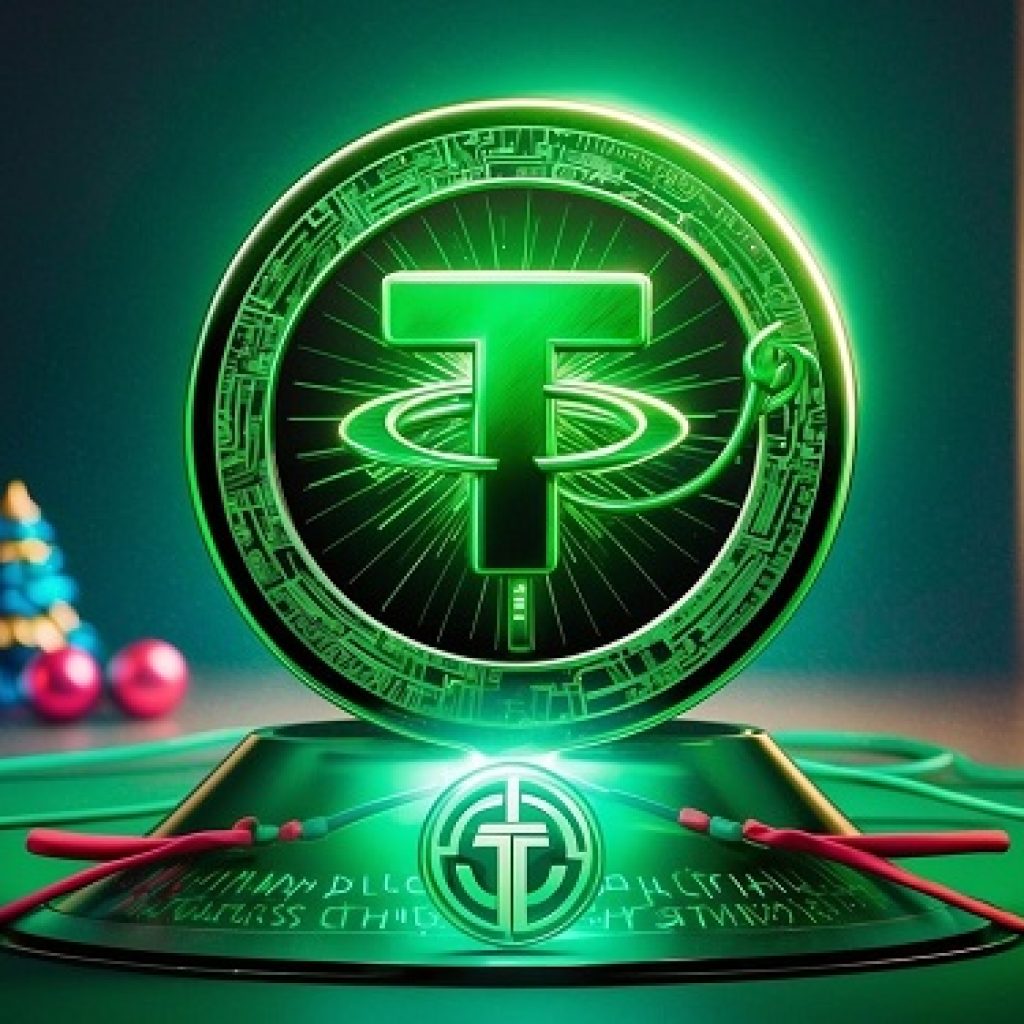Today’s financial markets scream innovation and sheer velocity as the trading volume of spot Bitcoin ETFs smashes past the $9.58 billion mark, setting a new all-time high for the products. At the same time as this amazing accomplishment, Bitcoin’s value hit an all-time high of around $69,000, leaving investors and fans on the edge of their seats.
Starting with the big guns, BlackRock took the lead as usual, posting a trading volume of over $3.7 billion in its iShares Bitcoin Trust (IBIT). Close on its heels, Grayscale’s Bitcoin Trust ETF (GBTC) registered trades worth approximately $2.8 billion, followed by Fidelity’s Wise Origin Bitcoin Fund (FBTC) which clocked in at just over $2 billion.
ARK Invest also added a respectable $483 million to the day’s total. Bitwise, with its $294 million, alongside Invesco and WisdomTree contributing $97 million and $85 million respectively, showcased the diverse interest in Bitcoin investments right now. VanEck, Franklin, Valkyrie, and Hashdex also made their marks on this unprecedented day of trading. VanEck recorded $57,961,522, Franklin brought in $19,476,749, Valkyrie captured $15,546,011, and Hashdex, although the smallest on this list, still contributed a significant $914,484.
As aforementioned, at the same time as this record-breaking trade volume, the price of Bitcoin reached a new high of about $62,000 before falling back to around $63,400 by the end of the day. According to Eric Balchunas, an analyst at Bloomberg Intelligence, this unpredictability, which can be scary for some, is what keeps the ETF market going.
With the approval of US spot Bitcoin ETFs by the Securities and Exchange Commission earlier this year, interest in these funds has skyrocketed. This legal milestone has made it easier for people to invest. This surge is especially interesting because of the nearly $9.3 billion in net losses from the more expensive GBTC.
Meanwhile, Wells Fargo and Bank of America’s recent decision to offer access to these ETFs on an “unsolicited basis” means that advisors cannot proactively recommend these products to their clients. This nuance, while subtle, has significant implications for how Bitcoin ETFs are marketed and consumed. For the issuers, it creates a unique challenge: to generate enough brand recognition that investors seek out their ETFs independently, despite the relatively low fees that characterize the majority of these products.





